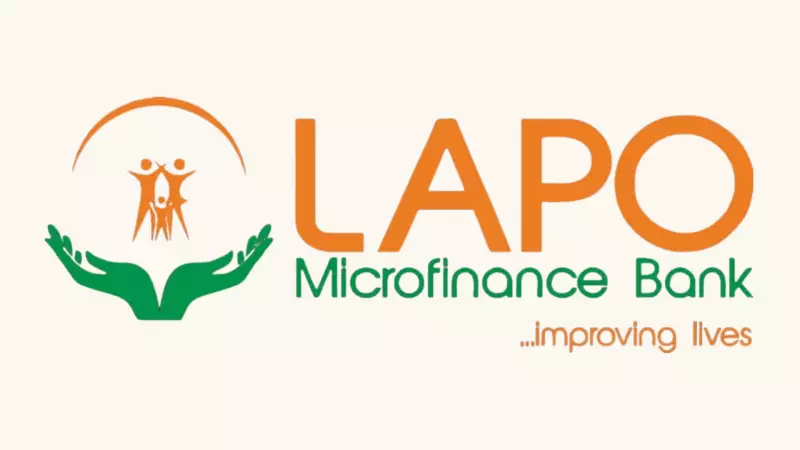
In a groundbreaking move that signals a new era for Nigeria's financial sector, Lapo Microfinance Bank has positioned itself at the forefront of climate resilience and sustainable finance discussions. The institution recently hosted a pivotal forum that brought together key stakeholders from across the financial and environmental sectors.
Bridging Finance and Environmental Sustainability
The landmark event served as a crucial platform for addressing the growing intersection between financial services and climate challenges. Industry experts, environmental advocates, and financial leaders converged to explore innovative approaches to building economic systems that can withstand climate-related disruptions while promoting sustainable development.
Strategic Focus Areas
During the comprehensive dialogue sessions, several critical themes emerged that are set to shape Nigeria's financial future:
- Climate-Smart Lending Practices: Developing financial products specifically designed to support environmentally conscious businesses and projects
- Risk Mitigation Strategies: Creating frameworks to help businesses navigate climate-related financial risks
- Green Investment Opportunities: Identifying and funding projects that contribute to environmental sustainability
- Community Resilience Building: Supporting local communities in developing climate adaptation capabilities
Leadership in Sustainable Microfinance
Lapo MFB's initiative represents a significant shift in how financial institutions approach their role in addressing climate change. As one of Nigeria's leading microfinance banks, their commitment to integrating climate considerations into their core operations sets a powerful precedent for the broader financial industry.
"The convergence of climate action and financial inclusion is no longer optional—it's imperative for sustainable development," emphasized a senior representative from the bank during the proceedings.
Impact on Nigeria's Economic Landscape
The discussions highlighted how climate resilience in the financial sector directly correlates with national economic stability. By championing sustainable finance, Lapo MFB is contributing to:
- Enhanced food security through climate-resilient agricultural financing
- Job creation in green industries and sustainable enterprises
- Reduced vulnerability of small businesses to climate shocks
- Long-term economic planning that accounts for environmental factors
The Path Forward
The forum concluded with a strong commitment to actionable outcomes. Participants agreed on the urgent need for collaborative efforts between financial institutions, government agencies, and environmental organizations to develop comprehensive strategies that address both immediate and long-term climate challenges.
This initiative by Lapo MFB marks a significant milestone in Nigeria's journey toward a more sustainable and climate-resilient financial ecosystem, demonstrating that responsible banking and environmental stewardship can—and must—go hand in hand.





